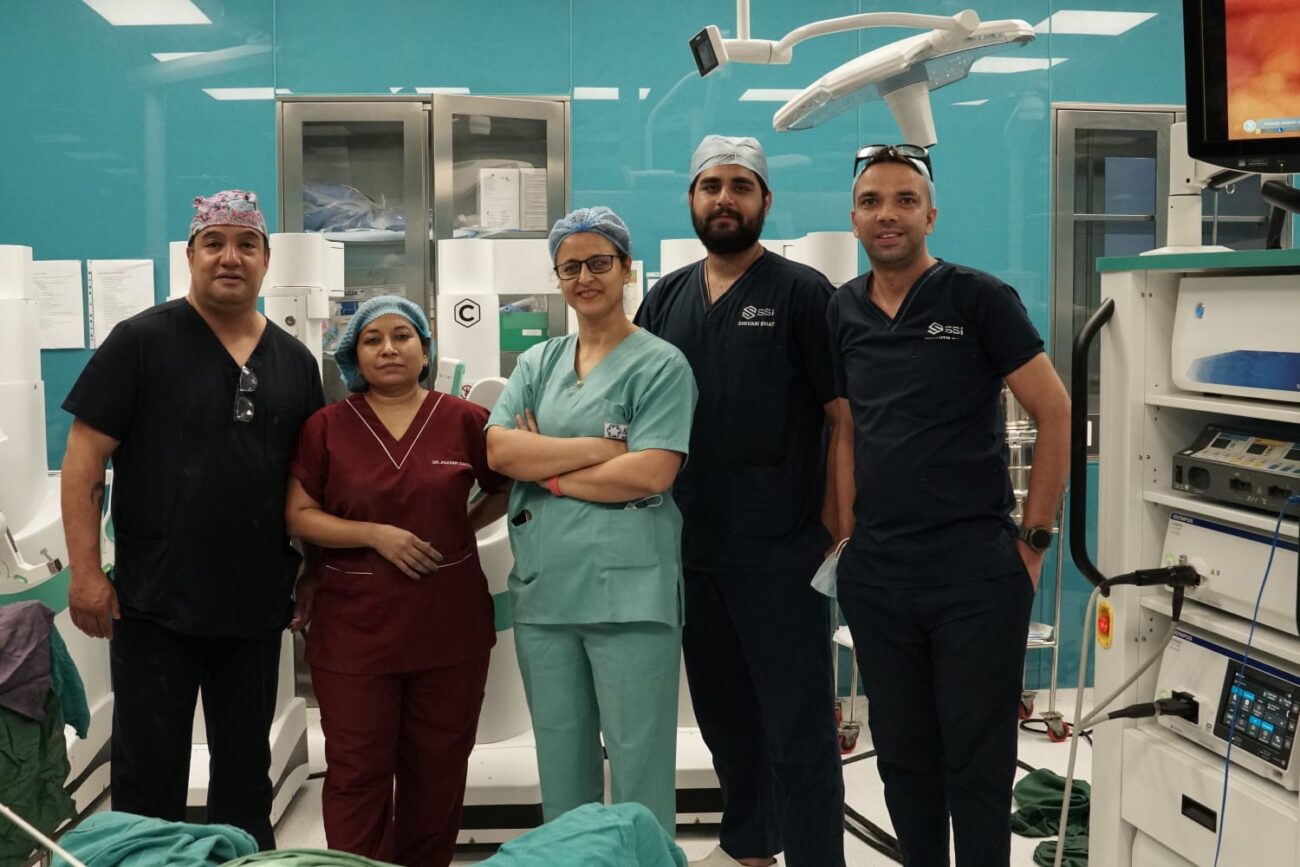How Artificial intelligence is set to change the face of Cardiac Care- Dr. B R Das
Artificial Intelligence (AI) and robotics are gradually gaining traction in healthcare eco-system. AI particularly is getting increasingly sophisticated at doing what humans do, but more efficiently, more quickly and at a lower cost. Although AI
Artificial Intelligence (AI) and robotics are gradually gaining traction in healthcare eco-system. AI particularly is getting increasingly sophisticated at doing what humans do, but more efficiently, more quickly and at a lower cost. Although AI research is still in its infancy in specialty care including pharma, radiology, and pathology, AI is delivering high value.
Chronic health conditions are expected to benefit the most from AI systems. Cancer, Diabetes and Cardiac care are big opportunities for healthcare trends. Cardiovascular diseases are still the number one killer in the world, resulting in 31% of all global deaths and are most expensive condition to treat as well as to manage. Due to increasing expectations and accuracy in cardiac care, cardiology practice is already shifting with the use of algorithms to monitor patients’ hearts and produce reams of personalized data. From diagnostics to therapeutics, artificial intelligence is set to change the way cardiovascular diseases are identified and treated. Siemens Healthcare was the first to introduce elements as algorithms into its cardiac echo systems several years ago to speed automation in cardiac imaging. Philips Healthcare also has introduced elements of AI on its EPIQ ultrasound system some years ago. These tools eliminate issues with interoperated variability, since software will always choose the best views based on machine learning, which uses thousands of prior studies representing the spectrum of patient anatomical variations. Next generation echo systems will incorporate more AI features to further improve workflow by auto-completing time- consuming tasks so they can become more efficient and consistently be more accurate.
Some of the largest tech companies in the world, such as Apple and Google, are already investing heavily in AI technologies which are poised to innovate CV care, and gain early mover advantage in cardiology. Through AI-guided protocols, following aspects of cardiology are expected to undergo significant change in near future:
Cardiac Risk Prediction:
A steady stream of research has demonstrated that AI systems can predict the onset of coronary artery disease and other problems with high levels of accuracy (more than 90% of accuracy). An algorithm can learn how to identify imaging patterns correlating to heart attack and death in cardiac patients and can predict the occurrence of these events with superior accuracy to human doctors. Experts feel that these modern machine learning algorithms are supercharging the prediction capabilities and are expected to further sharpen the acuity of doctors’ predictions. The ability to use machine learning to analyze images in combination with traditional risk assessment tools will enable risk estimates much faster and more precise. Cardiologs’ AI-powered platform is CE Marked and FDA approved and uses ECG data to detect atrial fibrillation (most common abnormal heart rhythm) with 91% accuracy as compared to 59% using traditional methods. Further AI can potentially diagnose diastolic dysfunction in patients from two-dimensional cardiac ultrasound images.
Stroke Diagnosis:
In year 2018, US FDA approved an AI system that analyzes computed tomography (CT) scans to notify doctors of a potential stroke. This innovative technology also enables real time notifications to radiologists and interventional cardiologists helping to speed up response times. Researchers have already demonstrated ability of AI to analyse changes in the brain that may give rise to stroke and other conditions potentially simplifying rapid diagnosis thereby averting emergencies.
Home based care:
Ability to remotely detect the onset of emergencies when, or even before, they occur is most crucial to avert life and death situations. A wave of new devices, and the algorithms that support them, are helping cardiologists keep closer watch on patients outside medical settings. High tech companies have garnered huge attention for devices designed to detect potentially problematic arrhythmias, digitizing traditional tools to allow for closer monitoring of heart failure cases or those recovering from surgery.
Technologies developed using AI could aid from continuous monitoring of basal heart rate for early warning signs to quick and efficient noninvasive diagnosis of cardiac conditions. According to new research funded by British Heart Foundation (BHF), AI based technologies could identify people at high risk of a fatal heart attack at least five years before it strikes. Truly AI-augmented cardiac care in near future is expected to reduce the cognitive workload for cardiologists, thus improving care, diagnostic accuracy, clinical and operational efficiency, and the overall patient experience.



